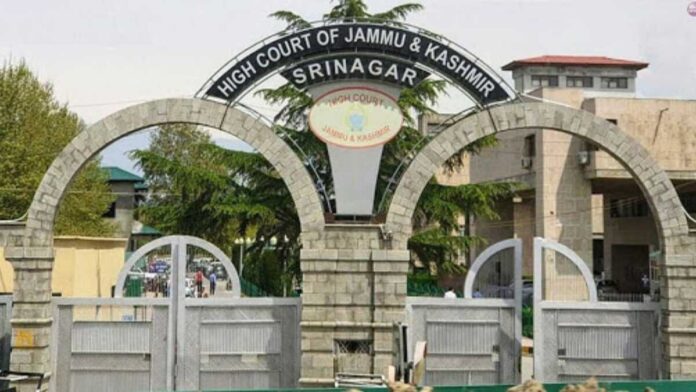The High Court of Jammu & Kashmir and Ladakh at Jammu has held that mere participation in a recruitment process does not confer any enforceable right to appointment, especially when a candidate fails to secure a place in the select or waiting list. The Court reiterated that the State is under no legal obligation to
To Read More Please Subscribe to VIP Membership for Unlimited Access to All the Articles, Download Available Copies of Judgments/Order, Acess to Central/State Bare Acts, Advertisement Free Content, Access to More than 4000 Legal Drafts( Readymade Editable Formats of Suits, Petitions, Writs, Legal Notices, Divorce Petitions, 138 Notices, Bail Applications etc.) in Hindi and English.




